Opinion: Late Start Gives Students a Head Start in School
“The Sleep Foundation recommends you get around eight to ten hours of sleep per night,” my Human Development teacher told our class at the beginning of this year. Student health and well-being is a frequent topic of discussion at my independent all-girls school. It’s hard not to laugh when teachers encourage us to get more sleep. Eight to ten hours is nowhere near the amount of sleep we get. Some of my classmates average around four hours per night. I get around six, and I often struggle to stay awake in class.
Students who fail to get enough sleep struggle to learn and concentrate on new tasks. Lack of sleep can also lead to severe depression and anxiety. However, starting school later in the day would support students’ learning and overall well-being. Melody Wilding, a human behavior professor at Hunter College, stated in her article “Science Says These Are the Best Times to Learn and Create for Optimal Success” that “learning is most effective when the brain is in acquisition mode, generally between 10:00 am to 2:00 p.m. and then again from 4:00 p.m. to 10:00 p.m.” This is even more crucial in adolescents because the sleep hormone melatonin doesn’t kick into teenagers until around 10:45 p.m., according to a study done by the Pediatric Clinics of North America. Later start times would also help students focus and concentrate because their peak learning times would align with the school day.
Some argue that pushing back start times only encourages students to stay up later. However, in The New York Times article “The Economic Case for Letting Teenagers Sleep a Little Later,” reporter Aaron E. Carroll included the results from a systematic review that examined how late school starts affect students’ sleep. The study confirmed that “when students were allowed to sleep later in the morning, they still went to bed at the same time, and got more sleep.”
Additionally, Seattle public schools shifted middle and high school start times from 7:50 a.m. to 8:45 a.m. during the 2016-2017 school year. Researchers at The University of Washington conducted a study in which they compared students’ performance in a biology course at two different Seattle high schools before and during the late start times. They found that students who took the class during the late start times had a 4.5% increase in final grades, along with a significant drop in the number of tardies and first-period absences.
As I think about what my human development teacher said, I wonder what would happen if my school started an hour later. Maybe one day, adults will change school schedules instead of asking sleep-deprived, moody teenagers like me to get more sleep.
Works Cited:
Carroll, Aaron E. “The Economic Case for Letting Teenagers Sleep a Little Later.” The New York Times, The New York Times, 13 Sept. 2017
Carskadon, Mary A. “Sleep in Adolescents: The Perfect Storm.” Pediatric Clinics of North America, Elsevier, 18 May 2011
Dunster, Gideon P., et al. “Sleepmore in Seattle: Later School Start Times Are Associated with More Sleep and Better Performance in High School Students.” Science Advances, American Association for the Advancement of Science, 1 Dec. 2018
Minges, Karl E, and Nancy S Redeker. “Delayed School Start Times and Adolescent Sleep: A Systematic Review of the Experimental Evidence.” Sleep Medicine Reviews, U.S. National Library of Medicine, Aug. 2016
Wilding, Melody. “Science Says These Are the Best Times to Learn and Create for Optimal Success.” Inc.com, Inc., 13 Mar. 2017

Jacqueline is this year’s 2020-2021 Editor-in-Chief. Originally joining Spyglass to improve and explore new ways of writing, she now enjoys investigating...




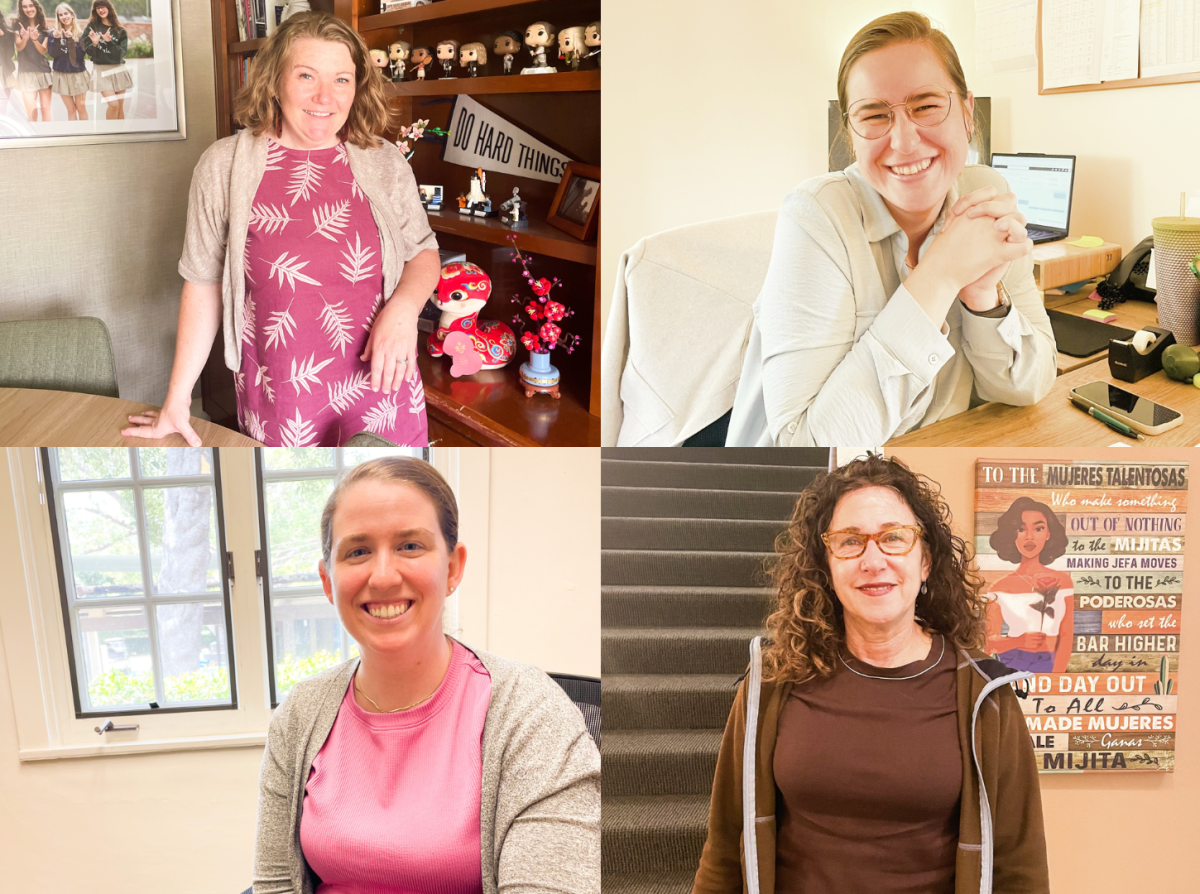
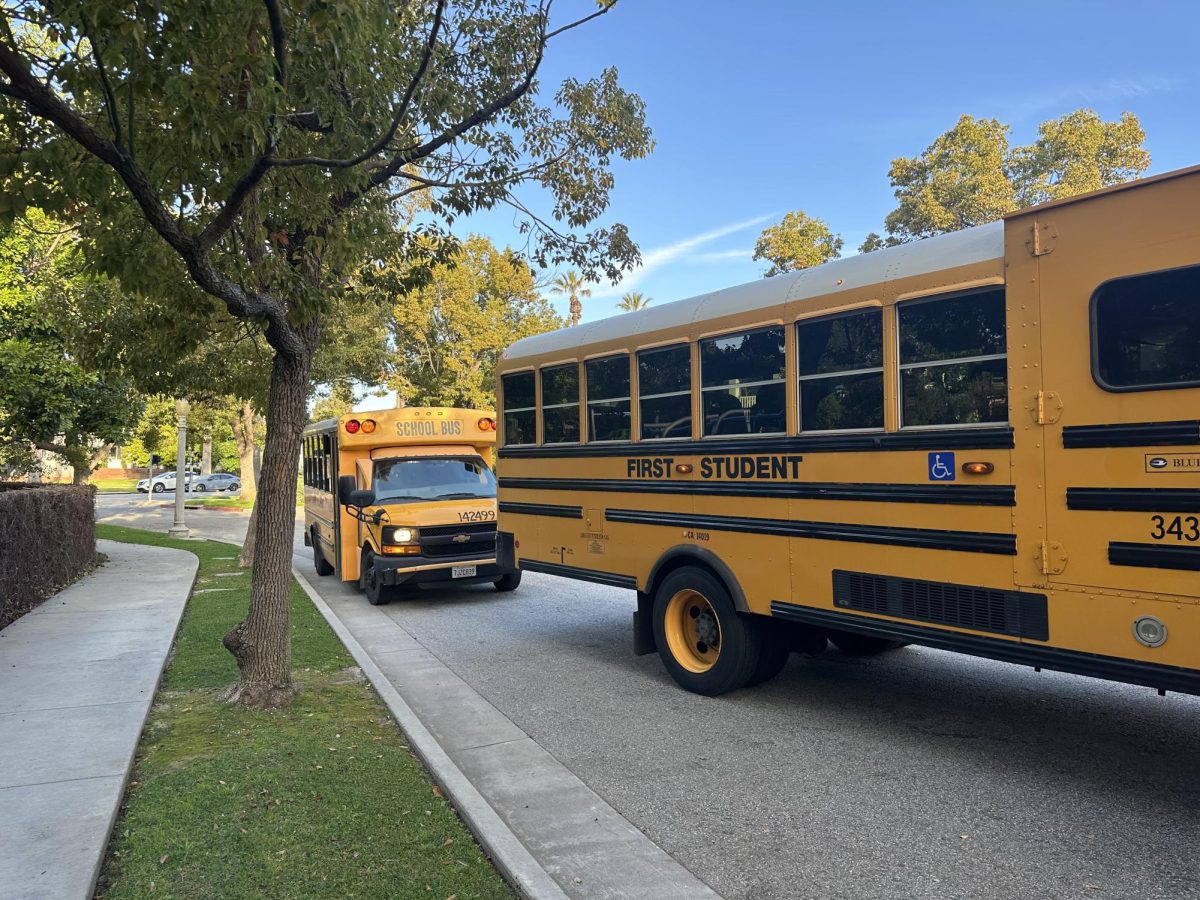











![Dr. Zanita Kelly, Director of Lower and Middle School, pictured above, and the rest of Westridge Administration were instrumental to providing Westridge faculty and staff the support they needed after the Eaton fire. "[Teachers] are part of the community," said Dr. Kelly. "Just like our families and students."](https://westridgespyglass.org/wp-content/uploads/2025/03/dr.-kellyyy-1-e1748143600809.png)






















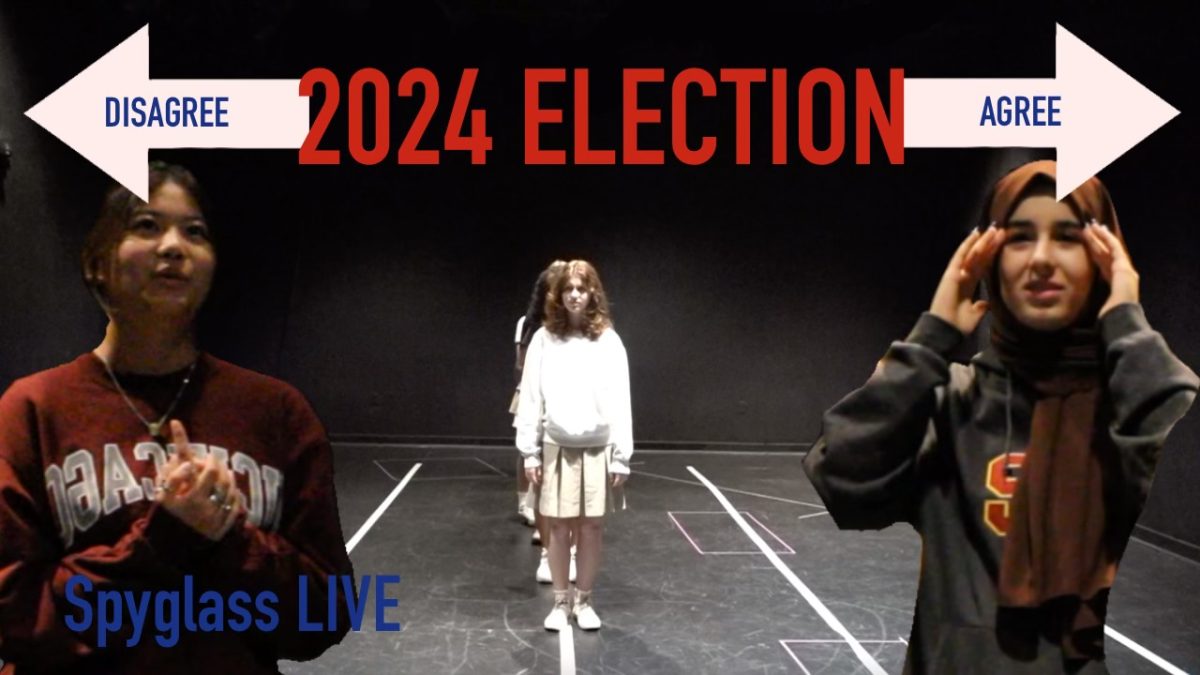














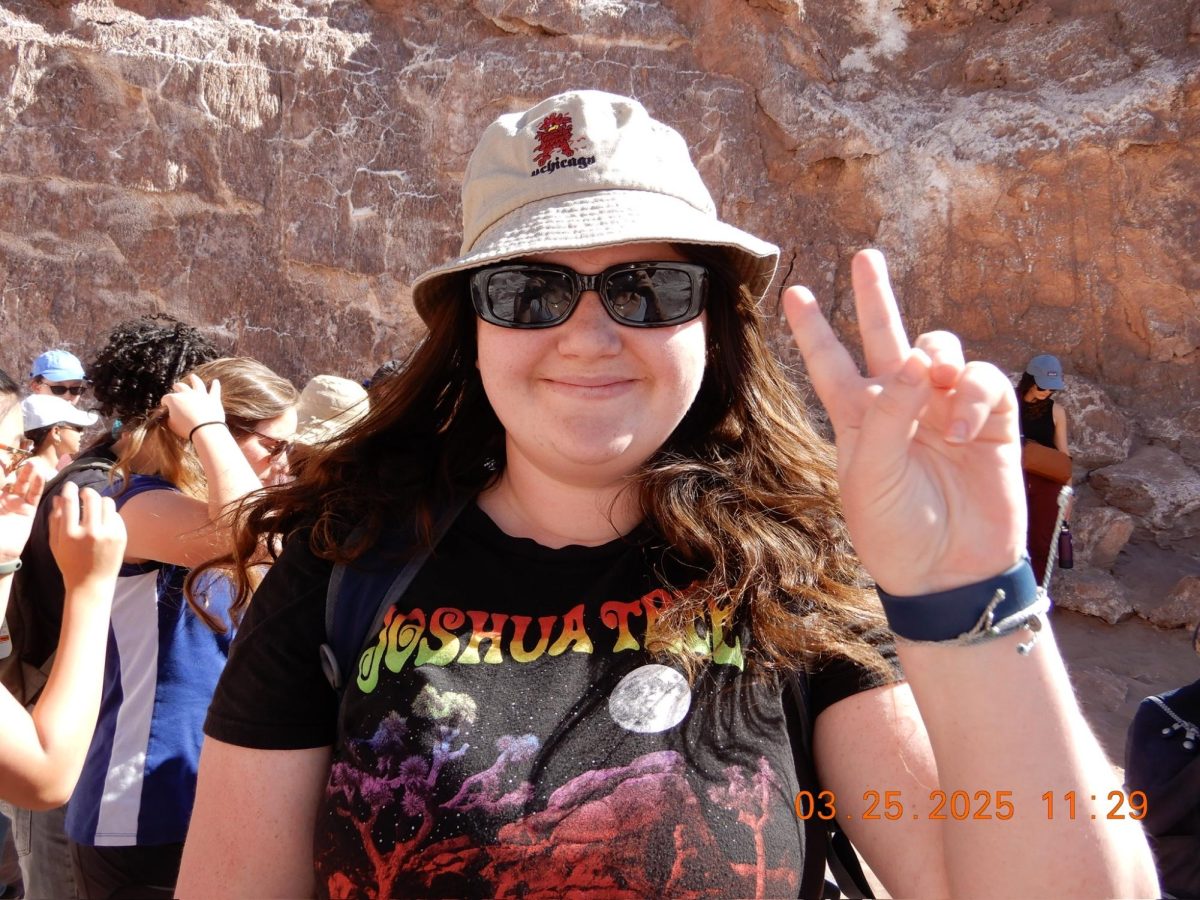





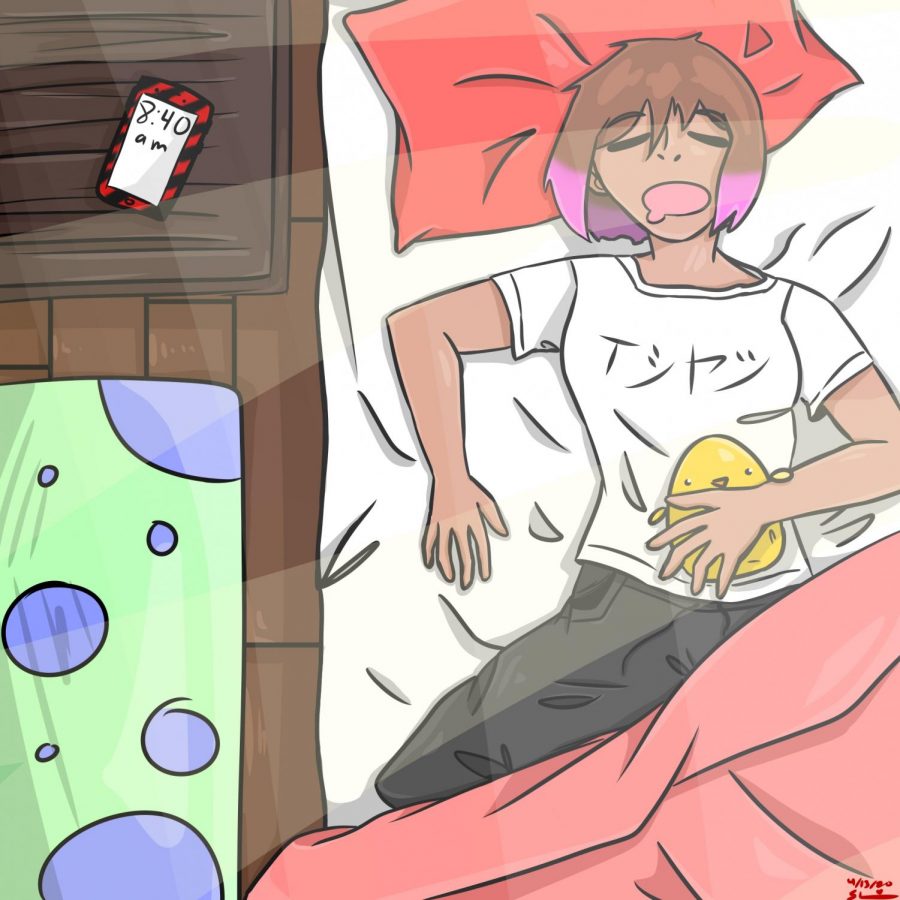



Monica Sanchez • Apr 24, 2020 at 2:17 pm
AMEN sister!